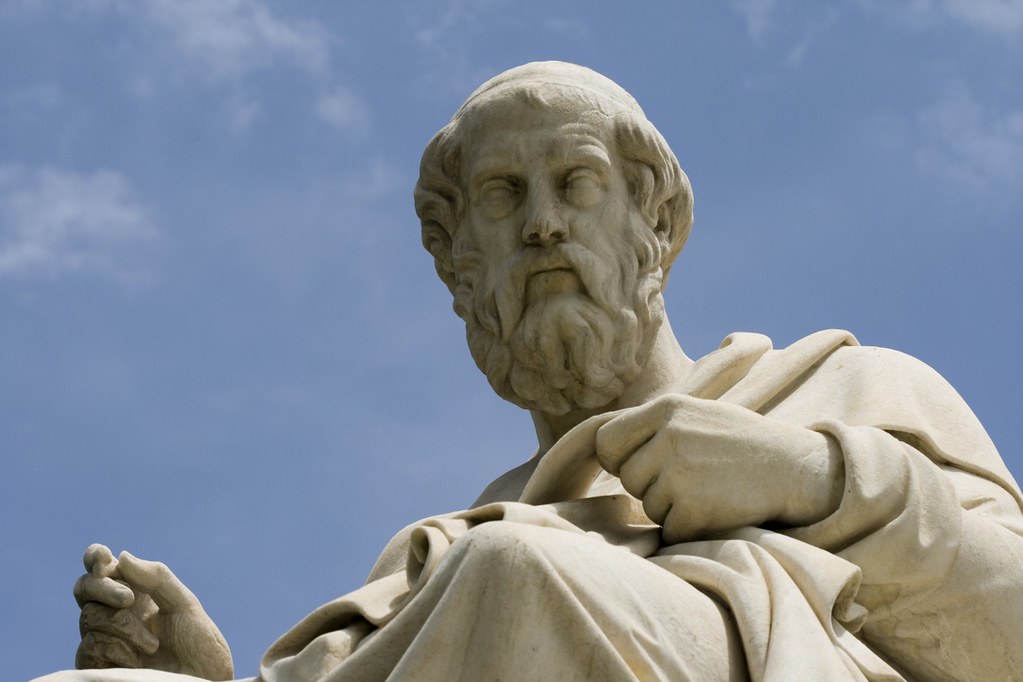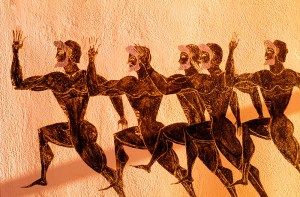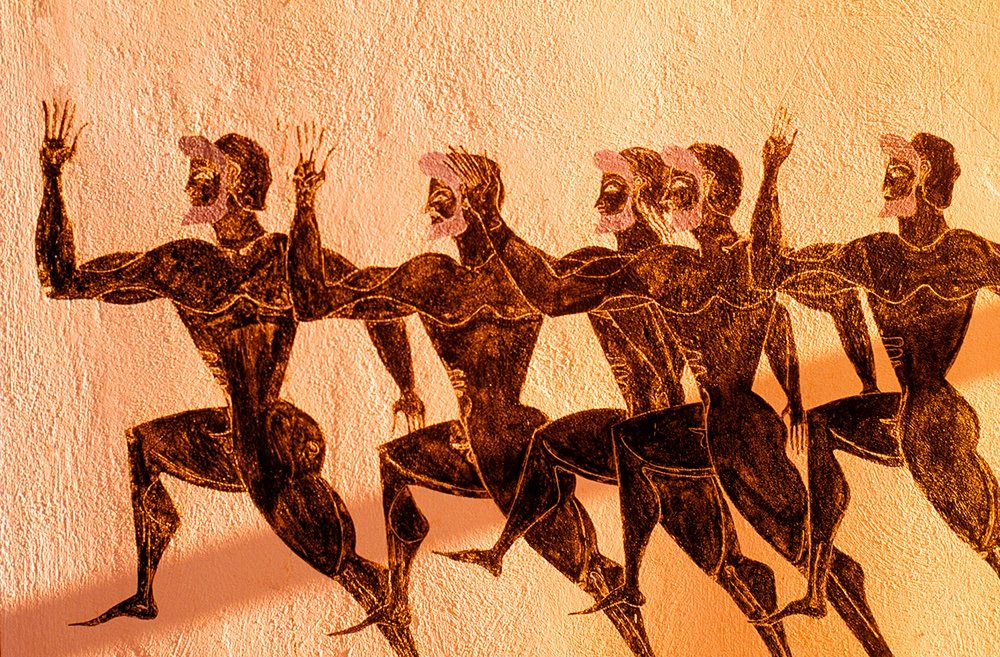The British are protesting against the proposed bill to change the laws on protest. But there is a bigger issue here. Obedience to the law is at the root of civil society, but what systems best achieve that end?
The ancients provided three models that underpin western thinking on the subject. The Athenian model was that of radical democracy, the law to be made by the majority of citizens (males aged over 18) meeting weekly in assembly, and then publicly posted. Further, all male citizens over 30 were available to sit as jurors in the courts. No judges or official legal authorities controlled their decisions. Behind all this lay the unshakeable Athenian belief in the freedom and political equality of the individual citizen, whatever his wealth or power or social status, and his absolute right to self-government by majority rule. After all, if citizens made their own laws, they would surely be inclined to obey them.
Plato (d. 347 BC) was responsible for a second model. Building on the hostility of many wealthy intellectuals to the idea of power in the hands of the ignorant mob, he outlined in his Republic a state controlled by a hierarchy of impersonal philosopher-kings, driven neither by whimsy nor private interests but trained over many years as experts in knowledge of the communal good. Intellectuals alone knew what was best for everyone.
The Romans invented a third model, a complex, institution-based republic, combining expertise and popular participation: put simply, an effectively law-making Senate, consisting of active and retired officers of state appointed from the rich, and a number of law-making citizen institutions, which could intervene in senatorial business. It ended in 27 bc, when Augustus became Rome’s first emperor.
Thinkers down the ages, from Locke to Rousseau, have grappled with these models, but the closer to the voters the people involved in making the laws, the better the chance of their general acceptance. What is clear is that the unelected EU commission, which comes nearest to the hierarchical Platonic ‘knowledge’ model of government, is the one least likely to impress its disempowered citizenry. Politics is not a science: it is a matter of persuasion.
This article was originally published in The Spectator’s May 2021 World edition.

























